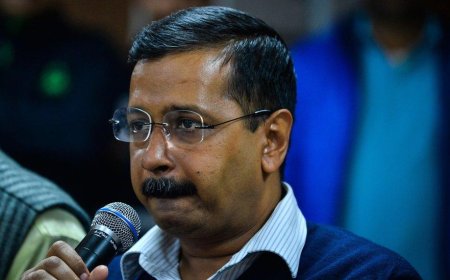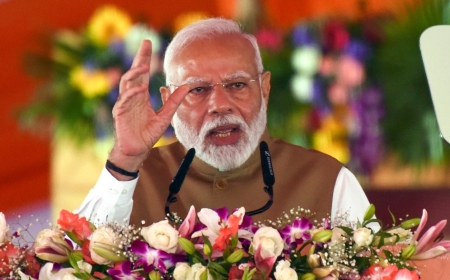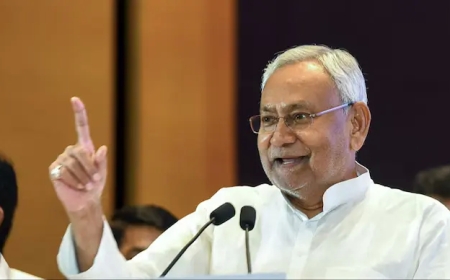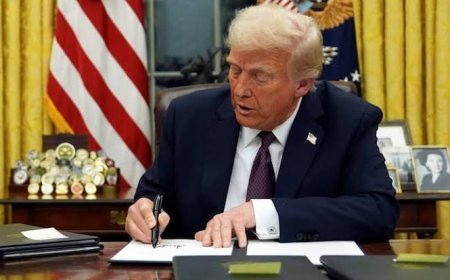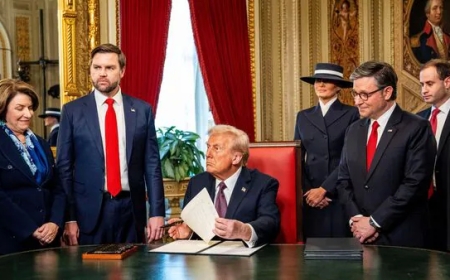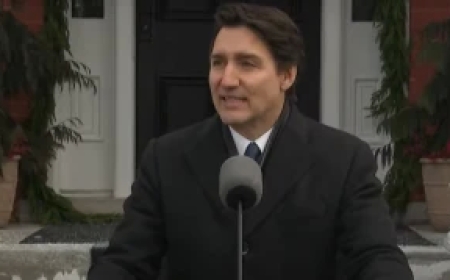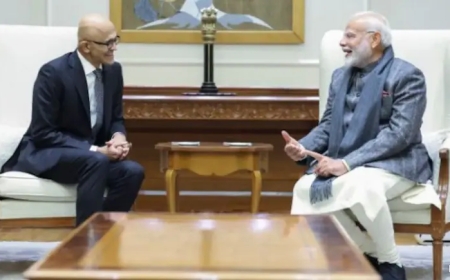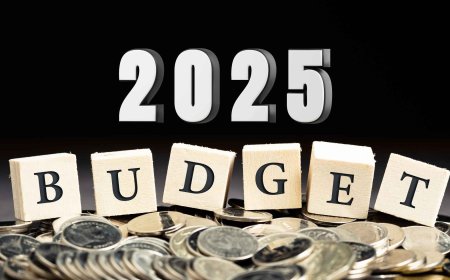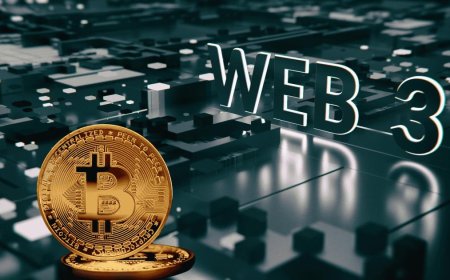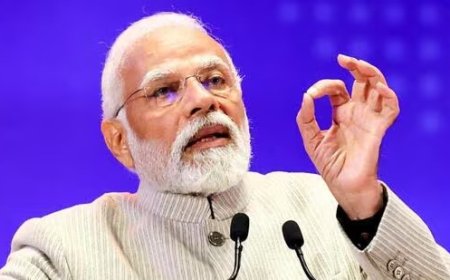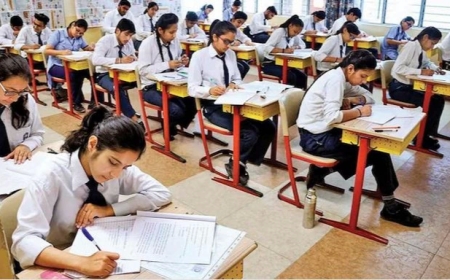Worries About Deflation as China Deals with Lower Prices
Discover the worries surrounding deflation in China as prices decline, impacting its recovery, trade, and economic sectors. Explore the implications for the country's challenges, including trade data, property market woes, and the crucial task of boosting confidence for economic growth.
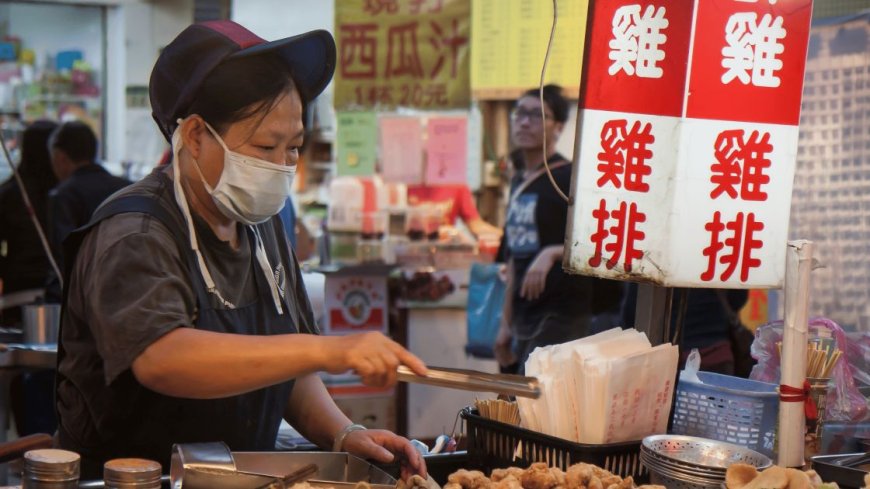
In a concerning development, China's economy has slipped into a deflationary state, with consumer prices witnessing a decline for the first time in over two years. The official consumer price index, a crucial measure of inflation, recorded a 0.3% decrease last month compared to the same period a year earlier. This unexpected deflationary trend has intensified pressure on the Chinese government to take measures to rejuvenate demand and stabilize the nation's economic trajectory.
This deflationary setback comes in the wake of already lackluster import and export data, raising apprehensions about the pace of China's post-pandemic recovery. While many other countries experienced a surge in consumer spending as pandemic restrictions eased, China's economy notably did not witness the same level of demand. The result was a subdued inflation rate, with consumer prices last witnessing a decline in February 2021.
Analysts point out that this deflationary environment could exacerbate the challenges that China is already grappling with, including ballooning local government debt and complexities within the housing market. The nation is also facing a significant youth unemployment issue, with a record 11.58 million university graduates expected to enter the Chinese job market this year.
The implications of falling prices are far-reaching, impacting China's ability to manage its debt and leading to potential hurdles such as slower economic growth. Daniel Murray, associated with investment firm EFG Asset Management, suggests that addressing this issue could require a combination of increased government spending, reduced taxes, and a more accommodative monetary policy.
One notable aspect of China's deflationary experience is that it contrasts starkly with the dynamics observed in other economies emerging from pandemic-related restrictions. The divergence in consumer spending patterns and inflation trends underscores China's unique economic situation. While the rest of the world saw demand surge due to pent-up consumer activity, China's prices remained restrained due to weak demand.
The implications of this deflationary trend are not limited to China alone. As a major global producer, China has the potential to flood international markets with cheaper goods, posing challenges for manufacturers in other countries. This could potentially lead to reduced investment and employment opportunities as industries contend with cut-price competition.
Furthermore, the decrease in Chinese demand for essential commodities such as energy, raw materials, and food could have a significant impact on global exports. Given China's status as the world's largest marketplace, any fluctuations in its consumption patterns could reverberate throughout the global supply chain.
China's economy already faces a series of obstacles, including sluggish imports and exports, raising concerns about the pace of its recovery from the pandemic. Recent trade data indicated a 14.5% drop in exports and a 12.4% decrease in imports in July, underscoring uncertainties about the nation's economic growth prospects.
In addition to these challenges, China is grappling with a property market crisis stemming from the near-collapse of its largest real estate developer, Evergrande. This ongoing crisis has added to the complexities of China's economic landscape.
To navigate these challenges and bolster economic recovery, China must restore confidence among investors and consumers alike. Eswar Prasad, a professor of trade policy and economics at Cornell University, emphasizes that rebuilding confidence in the private sector is pivotal to driving spending and investment. He suggests that the government may need to implement substantial stimulus measures, which could include tax cuts, to foster economic growth and stability in the face of these daunting economic challenges.
What's Your Reaction?
 Like
0
Like
0
 Dislike
0
Dislike
0
 Love
0
Love
0
 Funny
0
Funny
0
 Angry
0
Angry
0
 Sad
0
Sad
0
 Wow
0
Wow
0

